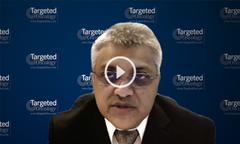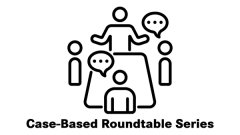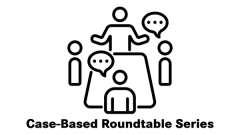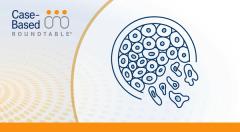
Bispecific T-Cell Engagers Improve Immune Response in Multiple Myeloma
Thomas G. Martin, MD, discusses the mechanism of action of bispecific T-cell engagers including teclistamab-cqyv in patients with relapsed/refractory multiple myeloma.
Episodes in this series

Thomas G. Martin, MD, clinical professor of medicine and associate director of the Myeloma Program at the University of California, San Francisco, and coleader of the Cancer Immunology & Immunotherapy Program at the Helen Diller Family Comprehensive Cancer Center, discusses the mechanism of action of bispecific T-cell engagers including teclistamab-cqyv (Tecvayli) in patients with relapsed/refractory multiple myeloma.
Teclistamab received accelerated approval in late 2022 for patients with multiple myeloma who previously received an anti-CD38 antibody, an immunomodulatory agent (IMiD), and a proteasome inhibitor (PI) based on the phase 1/2 MajesTEC-1 trial (NCT03145181; NCT04557098).
Bispecific T-cell engagers are molecules with dual binders, one targeting part of a cancer cell and the other binding to CD3 on the surface of T cells to enable immune activity against the cancer, according to Martin. Teclistamab binds to BCMA (B-cell maturation antigen) in myeloma cells as well as CD3.
Martin says that different T-cell engagers have varying levels of binding to CD3, which can affect their antitumor efficacy as well as cause a corresponding level of cytokine release syndrome in patients. Other bispecific T-cell engagers besides teclistamab are under investigation in patients with multiple myeloma, including those with targets besides BCMA.
TRANSCRIPTION:
0:08 | In these patients who have triple-class refractory disease, we just had approval of the first bispecific T-cell engaging antibody that targets BCMA in the myeloma space. Now typically, these antibodies have dual binders. One arm actually binds or anchors itself to the myeloma cell. Teclistamab binds to BCMA. On the other arm is a binder to CD3. All these T-cell engagers vary in the degree and the activity level of binding to CD3, where some cause low activation of T cells and others cause very significant activation of T cells. Perhaps there's more cytokine release syndrome for those that are more active, but maybe those will have higher response rates too. So all the T cell engagers that are being tested in myeloma are all different. Teclistamab is a BCMA-CD3 bispecific T-cell engager antibody that now has been…administered to patients in a phase 1 trial and also now in a phase 2 trial and just got approved, which we're all excited about.
















































